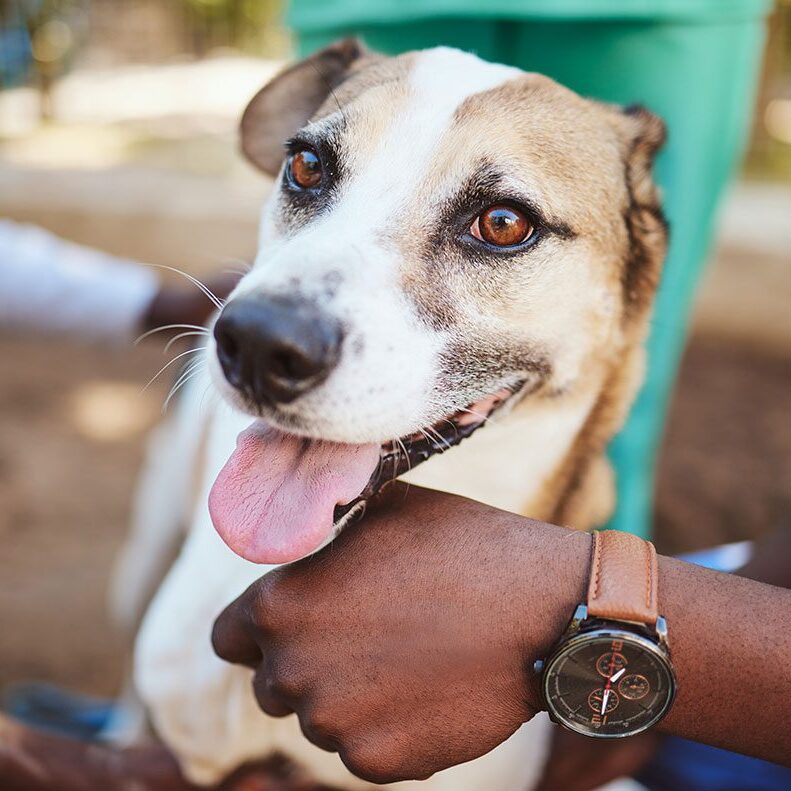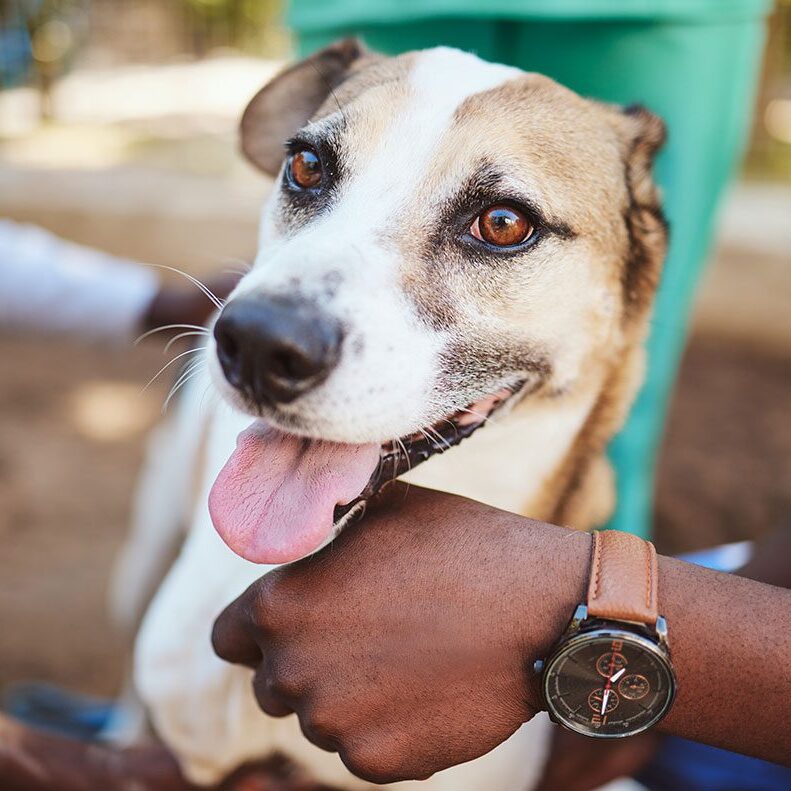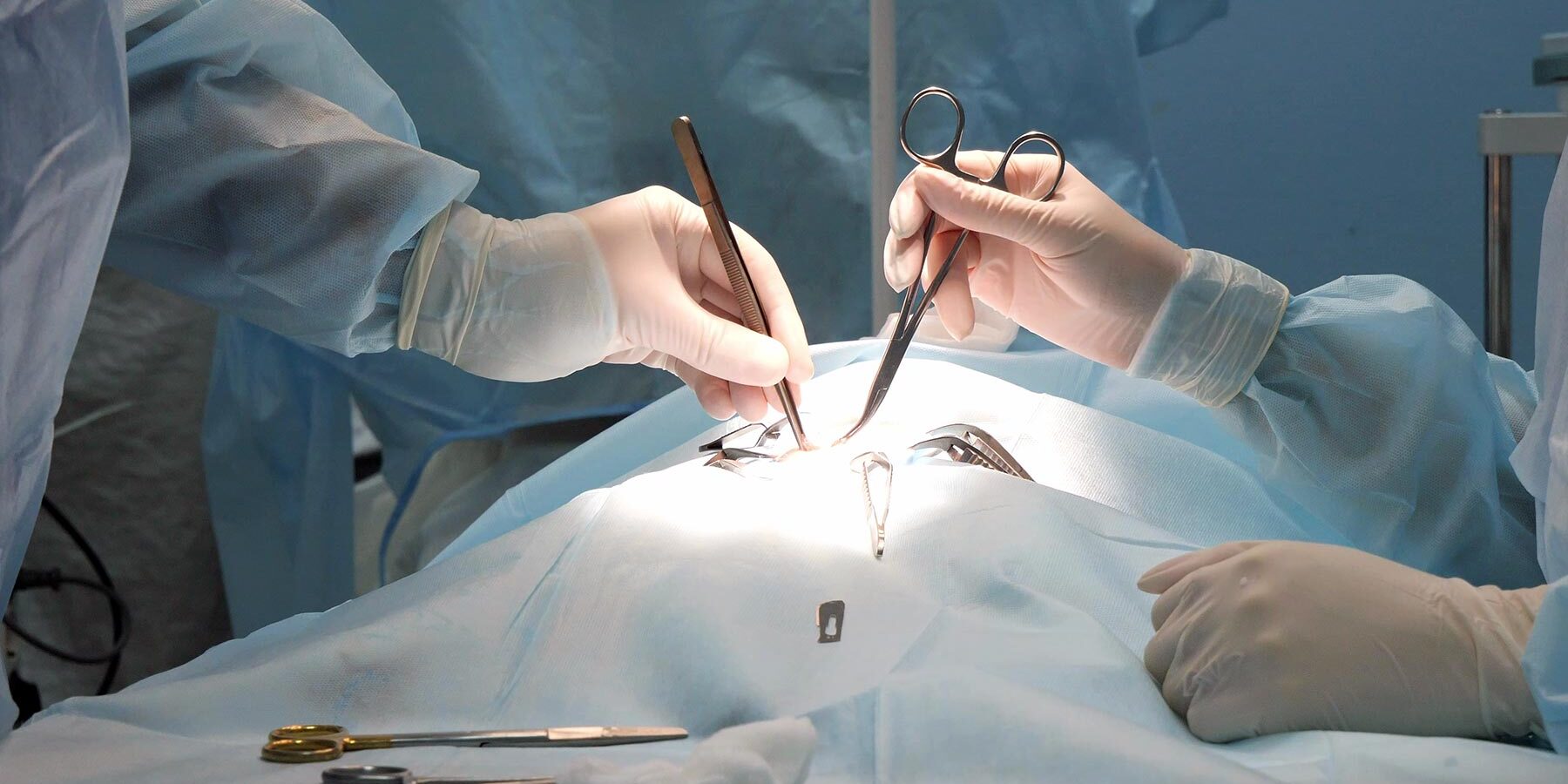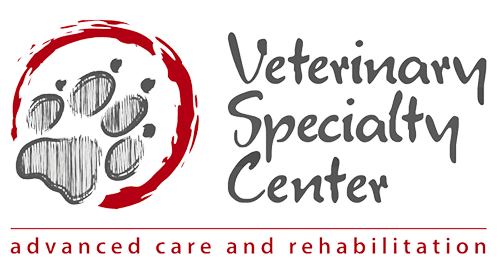
Treating Cancer in Dogs and Cats with Specialty Surgery in Melbourne, FL

At Veterinary Specialty Center in Melbourne, FL, we understand the concern and urgency that comes with a cancer diagnosis for your dog or cat. Our dedicated, board-certified veterinary surgeon is here to offer advanced treatment options for your beloved pet, focusing on removing cancerous tumors with precision and care.

Cancers We Can Treat with Surgery
Cancer in dogs and cats can manifest in various forms, much like in humans, and early detection is vital for effective treatment and a good prognosis.
At VSC, our surgical team specializes in removing different types of cancerous tumors in pets, including but not limited to skin tumors, bone cancer, breast tumors, and soft tissue sarcomas.
Our facility is equipped with state-of-the-art technology, including CT scans, for diagnosing and treating these and other types of cancer, ensuring your pet receives the best possible care. Ultrasounds are provided by a mobile third-party service.
Skin Tumors
This is the most common type of tumor found in pets. They can range from benign growths to more aggressive cancers.
Major Intra-Abdominal and
Intra-Thoracic Tumors
Major intra-abdominal and intra-thoracic tumors are abnormal growths in the abdomen or chest. Surgical removal involves excising the tumor while preserving vital organ function.
Breast (Mammary) Tumors
Mammary tumors are common in unspayed female dogs. Spaying dogs within a certain timeframe can reduce their risk for mammary tumors.
Soft Tissue Sarcomas
Soft tissue sarcomas are tumors that can occur in muscle, fat, or connective tissue, and often require precise surgical removal for proper treatment.
Safety Measures and Follow-Up Care for Your Pet
For any medical or surgical procedure your pet has at our hospital, their safety is always our first priority. We employ the latest in surgical techniques and anesthesia protocols to maintain the highest safety standards during and after surgery.
Post-surgery, we advise consistent follow-up care to monitor your pet's recovery and manage any further treatment needs. Collaborating with your primary care veterinarian is an integral part of your pet's ongoing care, facilitating a smooth recovery process.

